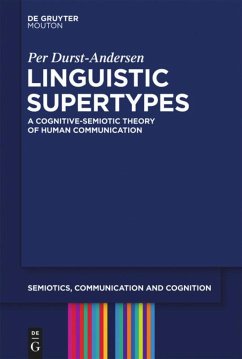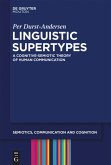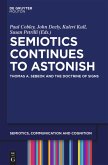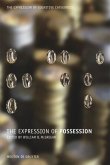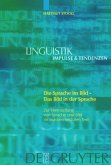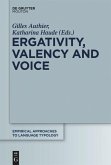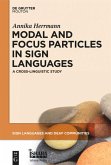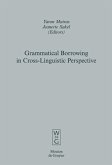The book offers a completely new view of language and of languages such as Russian, Chinese, Bulgarian, Georgian, Danish and English by dividing them into three supertypes on the basis of a step-by-step examination of their relationship to perception and cognition, their representation of situations and their use in oral and written discourse. The dynamic processing of visual stimuli involves three stages: input (experience), intake (understanding) and outcome (a combination). The very choice among three modalities of existence gives a language a certain voice -- either the voice of reality based on situations, the speaker's voice involving experiences or the hearer's voice grounded on information. This makes grammar a prime index: all symbols are static and impotent and need a vehicle, i.e. grammar, which can bring them to the proper point of reference. Language is shown to be a living organism with a determinant category, aspect, mood or tense, which conquers territory fromother potential competitors trying to create harmony between verbal and nominal categories. It is demonstrated that the communication processes are different in the three supertypes, although in all three cases the speaker must choose between a public and a private voice before the grammar is put into use.
"Durst-Anderson's theoretic discussions and illustrations of connections between perception, cognition and communication make for intriguing reading indeed."Anna Cabak Rédei in: Cybernetics and Human Knowing,1-2/2014
"Durst-Anderson's theoretic discussions and illustrations of connections between perception, cognition and communication make for intriguing reading indeed."
Anna Cabak Rédei in: Cybernetics and Human Knowing,1-2/2014
"Durst-Anderson's theoretic discussions and illustrations of connections between perception, cognition and communication make for intriguing reading indeed."
Anna Cabak Rédei in: Cybernetics and Human Knowing,1-2/2014

